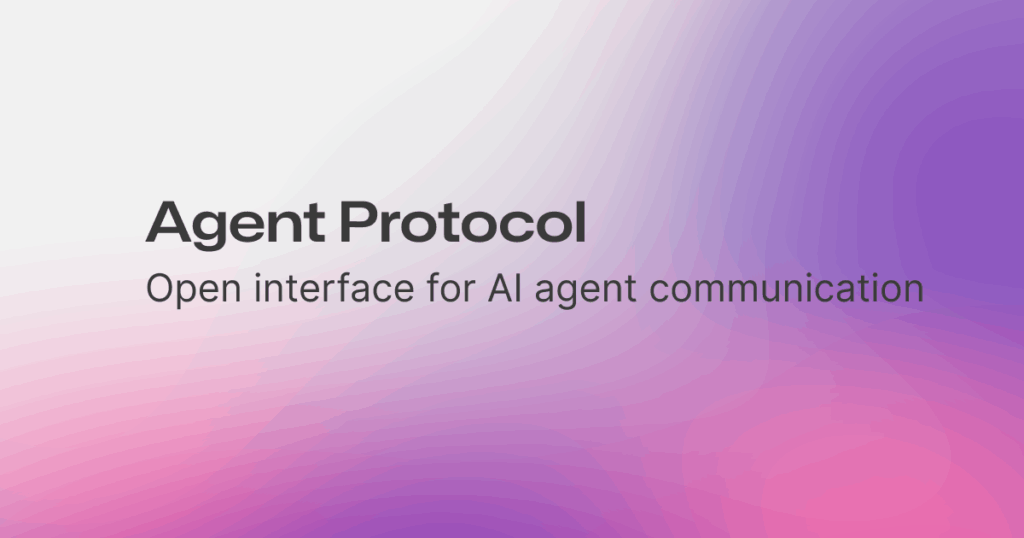agent protocol
Basic Information
Agent Protocol is a vendor and tech stack agnostic API specification for standardizing how AI agents expose a common interface. It defines a minimal core REST API in an OpenAPI specification that agent developers can implement so their agents present the same endpoints and response models. The protocol targets interoperability, easier benchmarking and the creation of general developer tools that work across agents. The repository includes the protocol specification, an SDK implementation to wrap agents in a web server, and a client library for users of agents. It aims for a simple developer experience so agents can be started with minimal integration work, and it provides guidance and an RFC process for proposing changes and extensions to the protocol.








